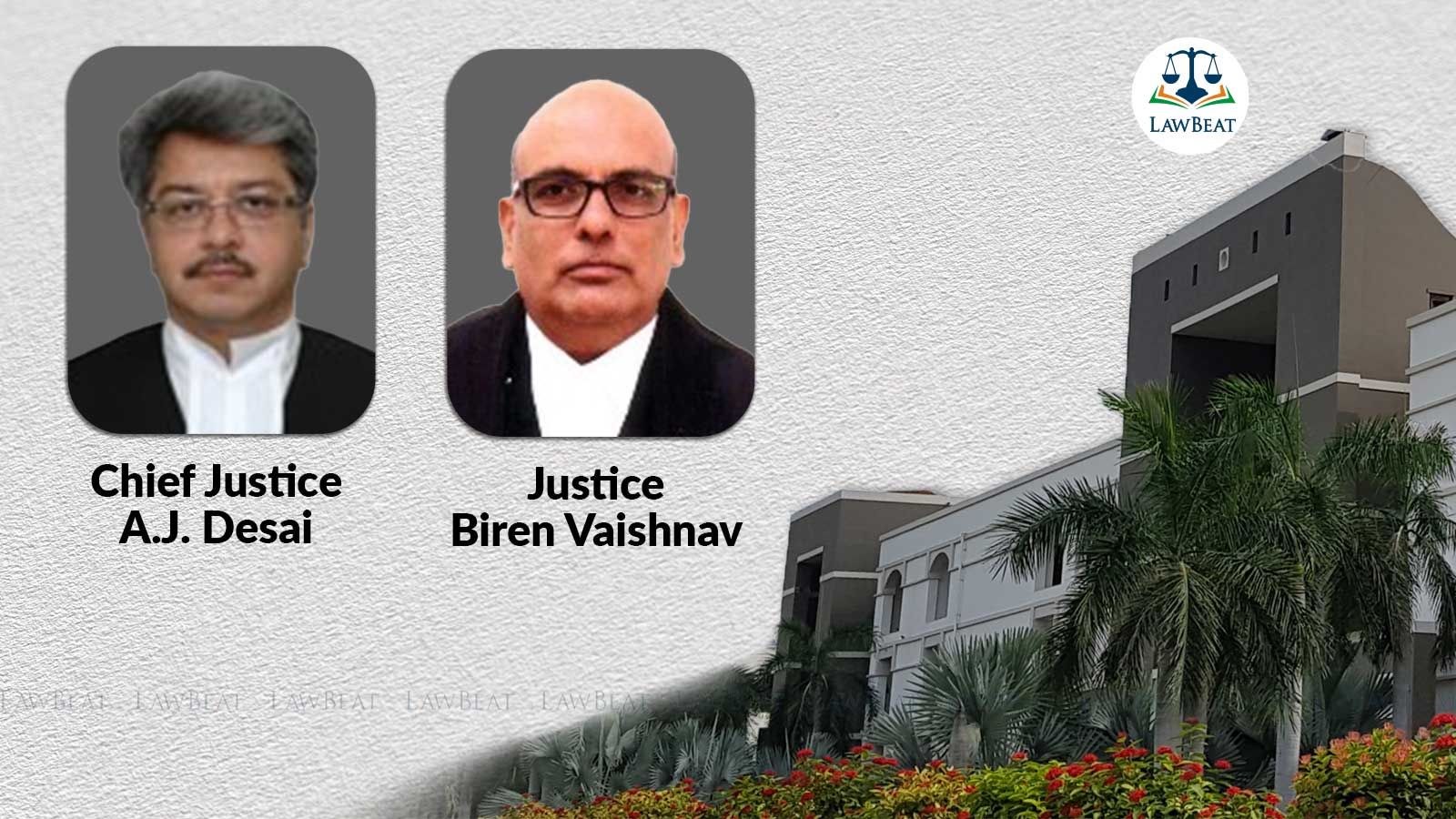Gujarat High Court bats for shared parenting & quick disposal of child custody matters

A Public Interest Litigation(PIL) was filed before the court alleging that children face a lot of daily life struggles when their parents are living separately due to mutual differences.
The Gujarat High Court recently recommended keeping children at the focal point of child custody cases in India. Shared parenting and fast disposal of child custody cases are two of the major endorsements by the high court.
A Public Interest Litigation(PIL) was filed in Gujarat High Court by Advocate Rajesh Kumar Mishra. He raised the issue of children facing difficulties in their studies when their parents are living separately due to mutual differences. Sometimes, the distance is intercity while sometimes it is intracity, the petitioner stated.
The petitioner raised the issue that children face a lot of daily life struggles in such situations such as their studies get impacted due to the unpredictability of being called for court proceedings. He further added that children face a lot of psychological issues due to it. To resolve the issue, the petitioner asked for a direction from the high court to decide all child custody applications within 90 days of completion of pleadings.
The petitioner also raised the issue of parietal alienation by stating that one of the parents misses out on the joy of raising a child, as they don’t get to spend sufficient time. In his suggested solution through prayer, the petitioner asked for the issuance of guidelines regarding shared parenting. “It is also prayed that both the parents should be granted equal days of custody of the child so that both the parents can raise the child in a particular manner,” read the petition.
In India, the Guardian and Ward Act, of 1890 is central legislation regarding child custody. Additionally, laws and practices regarding child custody vary according to the community and faith their parents subscribe to. Section 26 of the Hindu Marriage Act, 1955, and Hindu Minority and Guardianship Act, 1956 are guiding lights for the Hindu community. Similarly, for Christians, Section 41 of the Divorce Act, of 1869 is used to settle custody issues. For Muslims, Hizanat under the Muslim personal law is used.
When parents belong to different religions, Section 38 of the Special Marriage Act, 1954 comes into act.
In practicality, the process is not smooth in most of cases and disproportionately harms one parent and children.
To solve the problem, a Navi Mumbai-based NGO namely Child Rights Foundation had come up with a report in 2017. The report includes a detailed analysis of the problem along with 62-point suggestions to sort out the issue. Joint custody, interim visitation schedule, final visitation guidelines, local guidelines and non-local guidelines are some of the key areas in which the report has suggested changes.
Presenting the report before the Gujarat High Court, the petitioner stated that several high courts have directed judges to consider the report while dealing with child custody cases. Karnataka High Court order and communications issued by the High Courts of Punjab & Haryana, Himachal Pradesh, Madhya Pradesh, Mumbai and Kerala were some of the orders cited by Advocate Rajesh Kumar Mishra.
He submitted that similar directions could be issued by Gujarat High Court too.
The opposing side was represented by Advocate General Kamal Trivedi appearing with Utkarsh Sharma, AGP, and Ankeeta Rajput, advocate for the State of Gujarat. They contended that guidelines issued by the NGO were not binding in nature. Further, they had said that such cases are to be decided in accordance with law and judgments delivered by the Supreme Court and various high courts.
The bench of acting Chief Justice A.J. Desai and Justice Biren Vaishnav delved deep into the arguments and contentions raised. They decided to issue similar guidelines as issued by other high courts in the country.
The Registrar General of Gujarat High Court has been directed to circulate the report among the Judicial Officers in Gujarat.
“The Registrar General, High Court of Gujarat is hereby directed to circulate the report issued by the Child Rights Foundation which was published in the year 2017 amongst the Judicial Officers of the State of Gujarat so that while deciding such applications, the concerned judge can come to a right conclusion about the custody,” said the high court.
However, the guidelines are not mandatory in nature and judges have been asked to decide cases on their own merits and laws.
Case Title: Rajeshkumar S Mishra vs. State of Gujarat
